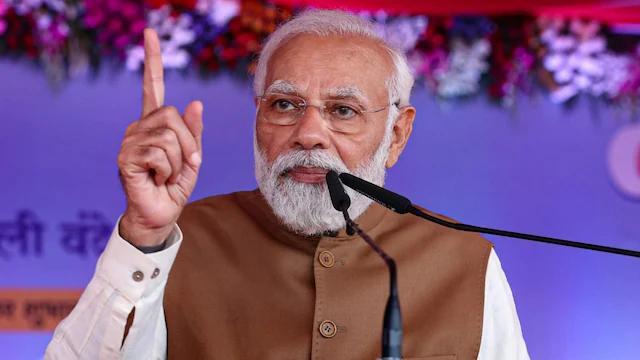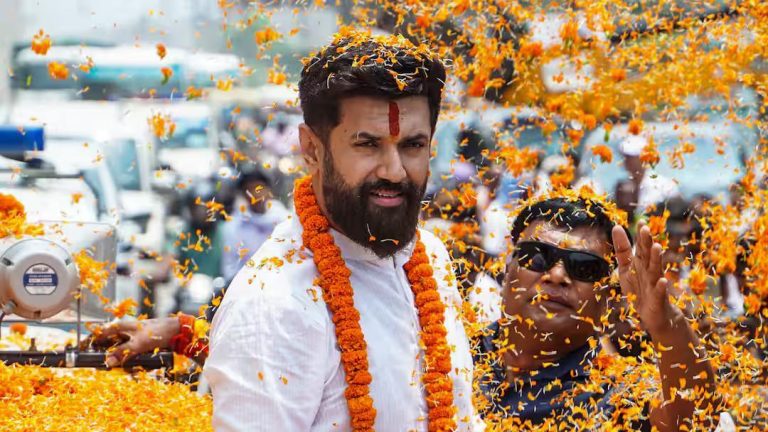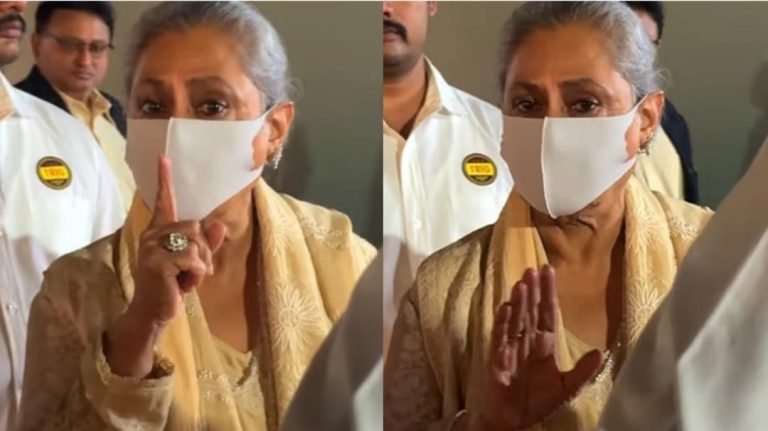
PM Modi Asks Citizens 15 Questions as His Govt Completes 11 Years
As Prime Minister Narendra Modi’s government completed 11 years in power, he took to the NaMo app to ask citizens to share their thoughts and opinions on various national and international issues. The ‘Jan Man Survey’ includes 15 questions that aim to gauge the citizens’ satisfaction with the government’s performance and their expectations from the future. The survey is an opportunity for citizens to have their say and provide feedback to the government.
The questions cover a wide range of topics, from security and economic growth to healthcare and education. Some of the questions are straightforward, asking citizens to rate their level of satisfaction with various aspects of their lives, while others are more open-ended, seeking their opinions on complex issues.
Feeling Secure as a Citizen
The first question asks citizens how secure they feel as a citizen of India. This is a crucial aspect of any government’s performance, and the answer will likely be influenced by various factors such as crime rates, law enforcement, and national security. The question is designed to gauge the effectiveness of the government’s efforts to ensure the safety and security of its citizens.
India’s Voice Being Heard Internationally
The next question asks whether India’s voice is being heard more internationally than before. This is a significant question, as it seeks to assess the government’s diplomatic efforts and its ability to project India’s interests on the global stage. The answer will likely be influenced by factors such as India’s participation in international forums, its role in regional and global organizations, and its relationships with other countries.
Moving Towards Viksit Bharat
The third question asks whether India is moving towards Viksit Bharat, a concept that is central to the Modi government’s vision for the country. Viksit Bharat refers to a vision of a developed and prosperous India, where every citizen has access to basic necessities such as education, healthcare, and employment. The answer will likely be influenced by factors such as economic growth, poverty reduction, and human development indicators.
Other Questions
Some of the other questions in the survey ask citizens to rate their satisfaction with various aspects of their lives, including their economic situation, employment prospects, and access to healthcare and education. The survey also asks citizens about their opinions on issues such as corruption, terrorism, and climate change.
The survey’s questions are designed to be thought-provoking and to encourage citizens to think critically about the government’s performance and their expectations for the future. By participating in the survey, citizens can have their say and provide valuable feedback to the government.
What Do the Questions Reveal?
The questions in the survey reveal a number of important themes and issues that are relevant to India’s development and progress. They highlight the government’s focus on security, economic growth, and human development, as well as its efforts to promote India’s interests on the global stage.
The questions also reveal the government’s commitment to transparency and accountability, as it seeks to engage with citizens and gather their feedback and opinions. By asking citizens to participate in the survey, the government is demonstrating its willingness to listen to their concerns and to act on their feedback.
Conclusion
The ‘Jan Man Survey’ is an important initiative that provides an opportunity for citizens to have their say and to shape the future of India. The questions in the survey are thought-provoking and encourage citizens to think critically about the government’s performance and their expectations for the future.
By participating in the survey, citizens can help to shape the government’s policies and decisions, and to ensure that India is moving towards a brighter and more prosperous future. The survey is a testament to the government’s commitment to transparency, accountability, and citizen engagement, and it is an important step towards building a more inclusive and participatory democracy.
Source:






